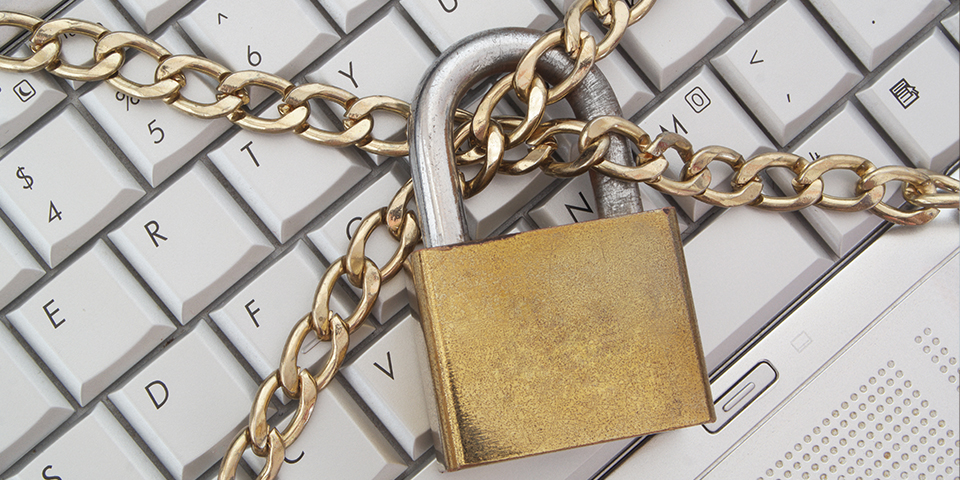With Work from Home becoming popular amid the pandemic, cyberattacks by ransomware operators have been on the rise, they may go after any organization, an enterprise, or a small business as long as they will gain access to them with ease.
No one today is a stranger to the word Ransomware. But yes there are certain tips and tricks to safeguard yourself from such attacks on an organizational level. A good computer security practice can help defend organizations against ransomware attacks.
If you are a supply chain company then with new remote working normal, working with numerous third-party vendors has become inevitable which can create multiple blind spots. Thus, a realistic and sustainable security strategy is needed.
Amid Covid-19, BFSI is observed to be one among the foremost critical and targeted sectors by hackers. Ransomware attacks, data breaches, malicious botnets, DDoS, etc have created havoc within the sector. Apart from data breaches, a cyberattack can cause system downtime, which is unacceptable.
With transformative digital technologies, privileged accounts and credentials are one of the biggest areas of attack, hence multiple layers of security are required along with eliminating unnecessary privileges and permissions. How many of us in our daily life keep updating our passwords be it a bank or normal mail until provoked. In Fact, we keep almost similar passwords for all our accounts!
So we came up with a list of 6 Cyber Security Facts that can help CISO’s keep their organizations safe and drive more value
1) Establish security awareness within the organization
You can do that through monthly security campaigns that remind employees to avoid clicking on unknown senders’ links and attachments, among other best practices.
2) Establish Group Policy Objects (GPOs) rules
This will allow your organization to regulate the execution of files on endpoints. You can add rules that block file execution from specific directories, disable attachment-based file executions, restrict access to the instrument panel etc.
3) Ensure you have antivirus and firewall installed on all endpoints
Antivirus software is predicated on signatures, so there’s still the danger of latest ransomware variants slipping through the cracks. The firewall is an additional layer of security or first line of defense. A multi-faceted security system is best – one that employs heuristics, behavior-based detection or EDR (Endpoint Detection and Response), EPP (endpoint protection platform), etc.
4) Data Backup
Ideally, a backup that’s entirely separate from the pc system is best. That’s because if a ransomware attack happens, the backup shouldn’t be affected. But carefully consider all available options since each will accompany a degree of risk.
5) Restrict admin rights on endpoints
You can reduce user privileges to decrease the attack surface significantly.
6) Keep commonly exploited third-party applications updated
Be sure to acquire the right security solutions. As ransomware continues to evolve, the simplest cure may be a strong defense, maintained and frequently tweaked for improvements.
Get in touch with us to explore the best Security Solutions for your enterprise!
